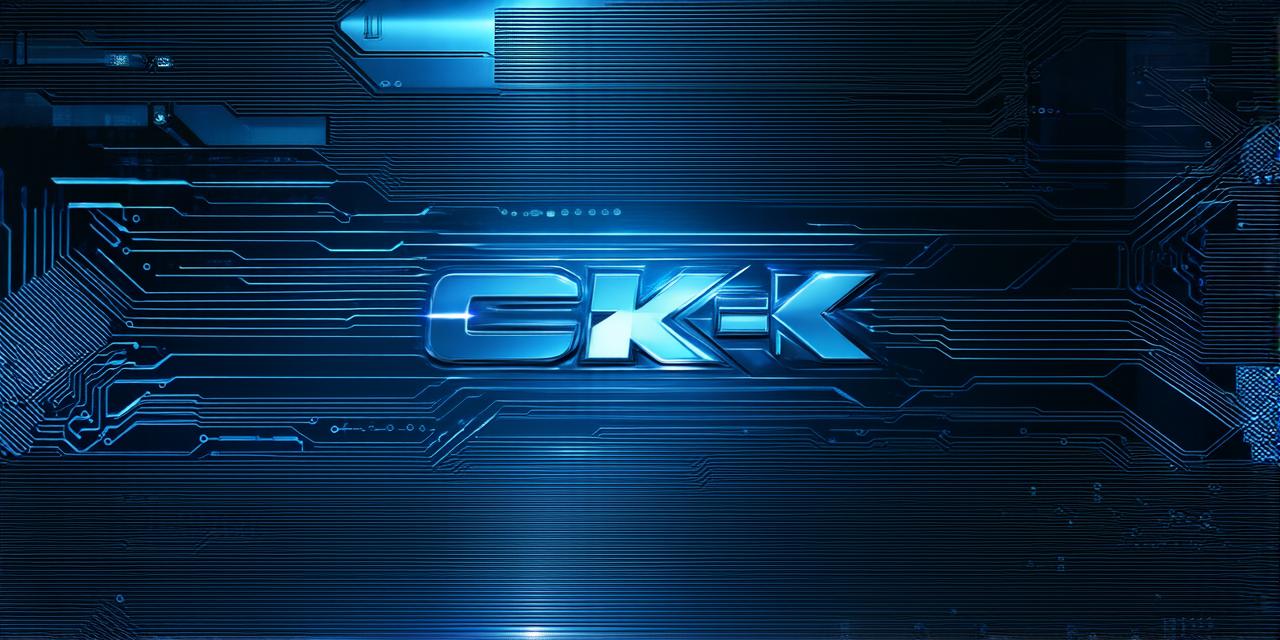Unity is a powerful game engine that allows developers to create games for various platforms, including Windows, macOS, iOS, Android, and more. It offers many features that make it easy for beginners and experienced developers alike to create amazing games. However, some developers may want to use their favorite programming language, which is C++, in conjunction with Unity. In this article, we will explore whether it is possible to use C++ in Unity 3D and how to do it.
Why Use C++ in Unity 3D?
C++ is a high-performance language that offers many benefits for game development. It is fast and efficient, making it ideal for creating games that require complex calculations and real-time processing. Additionally, C++ has excellent memory management capabilities, which can be crucial in games where resources are limited.
Using C++ in Unity 3D also allows developers to take advantage of the performance features offered by their hardware. For example, developers can use SIMD (Single Instruction Multiple Data) instructions to perform calculations on multiple data points simultaneously, which can greatly improve performance.
Limitations and Challenges of Using C++ in Unity 3D
Unity is written in C, which means that any code written in C++ must be translated into C before it can be used in Unity. This translation process can introduce some limitations and challenges:
-
Performance: While C++ is a fast language, the translation process can introduce some overhead, which can affect performance. Additionally, Unity’s C runtime is optimized for C code, so C++ code may not run as efficiently as C code.
-
Memory Management: C++ offers excellent memory management capabilities, but this can be difficult to integrate with Unity’s garbage collection system. Developers must ensure that their C++ code does not interfere with Unity’s garbage collection process, which can be challenging.
-
Debugging: Debugging C++ code in Unity can be difficult, as the code is translated into C. This means that developers may need to use Unity’s built-in debugging tools, which may not be as powerful as those offered by Visual Studio or other C++ IDEs.
-
Integration: Integrating C++ code with Unity requires some setup and configuration. Developers must ensure that their C++ libraries are properly linked with Unity, and that any required headers are included in the project. This can be a time-consuming process, especially for large projects.
Despite these challenges, many developers have successfully integrated C++ into their Unity projects. In the next section, we will explore some best practices for using C++ in Unity 3D.
Best Practices for Using C++ in Unity 3D
To get the most out of C++ when used in Unity, developers should follow these best practices:

-
Use Performance-critical Code: C++ is ideal for performance-critical code, such as calculations and physics simulations. By using C++ for these tasks, developers can ensure that their game runs smoothly and efficiently.
-
Keep it Simple: While C++ offers many features, developers should keep their code as simple as possible. This will make it easier to debug and maintain, and will reduce the risk of introducing errors or conflicts with Unity’s C runtime.
-
Use Platform-specific Code: C++ offers platform-specific functionality that can be used to optimize performance for specific platforms. Developers should take advantage of this by writing platform-specific code where appropriate.


